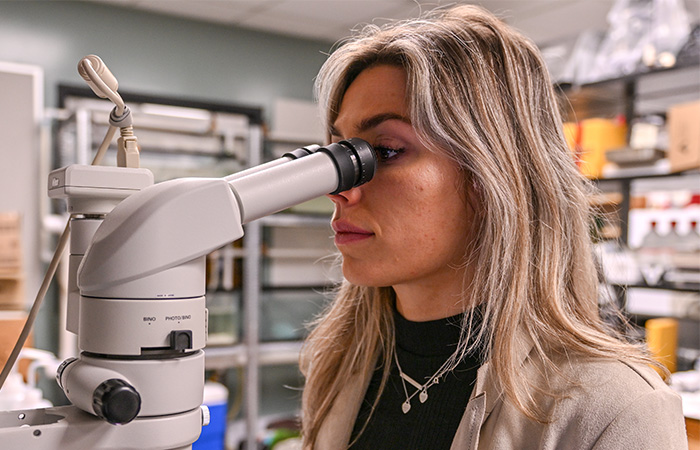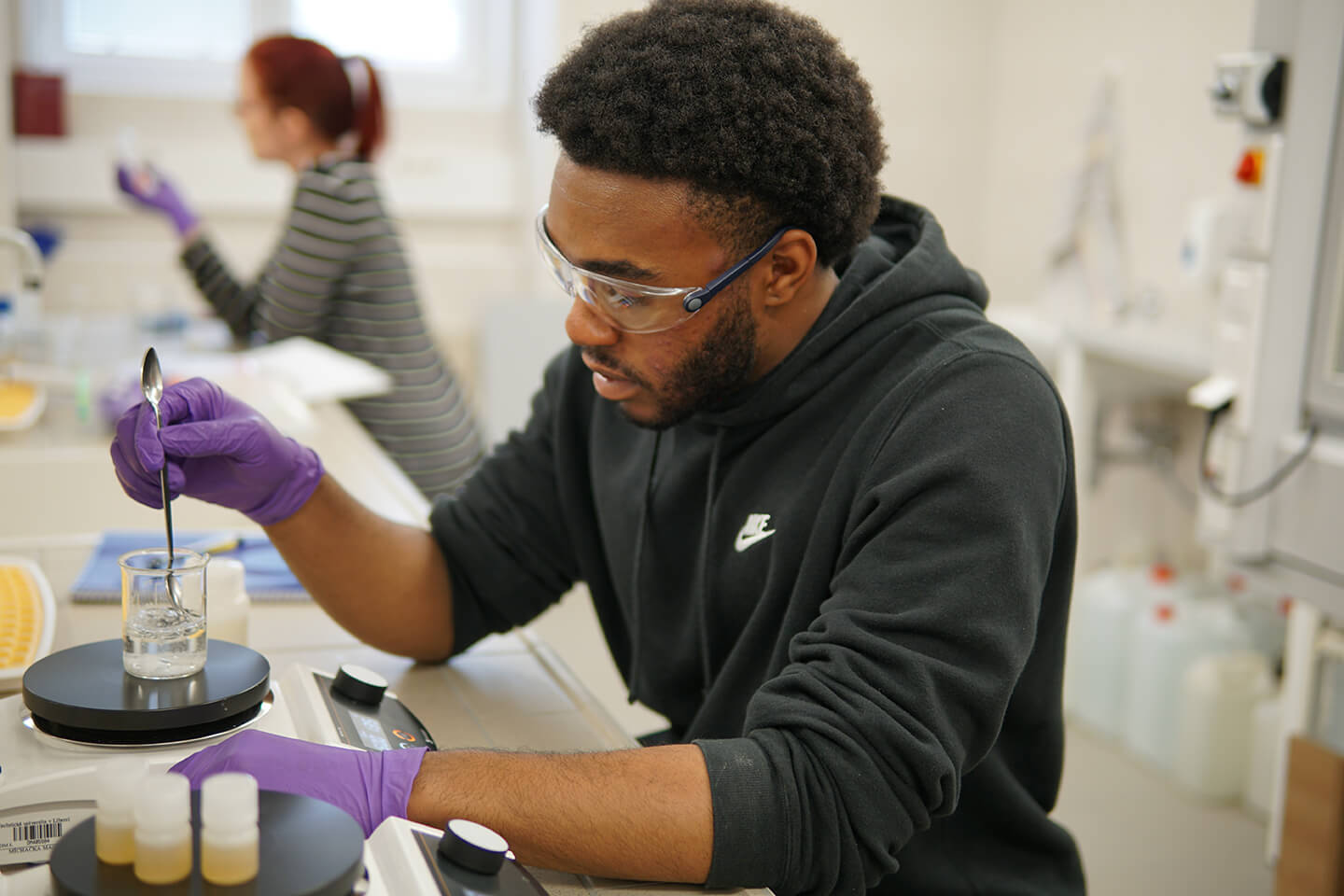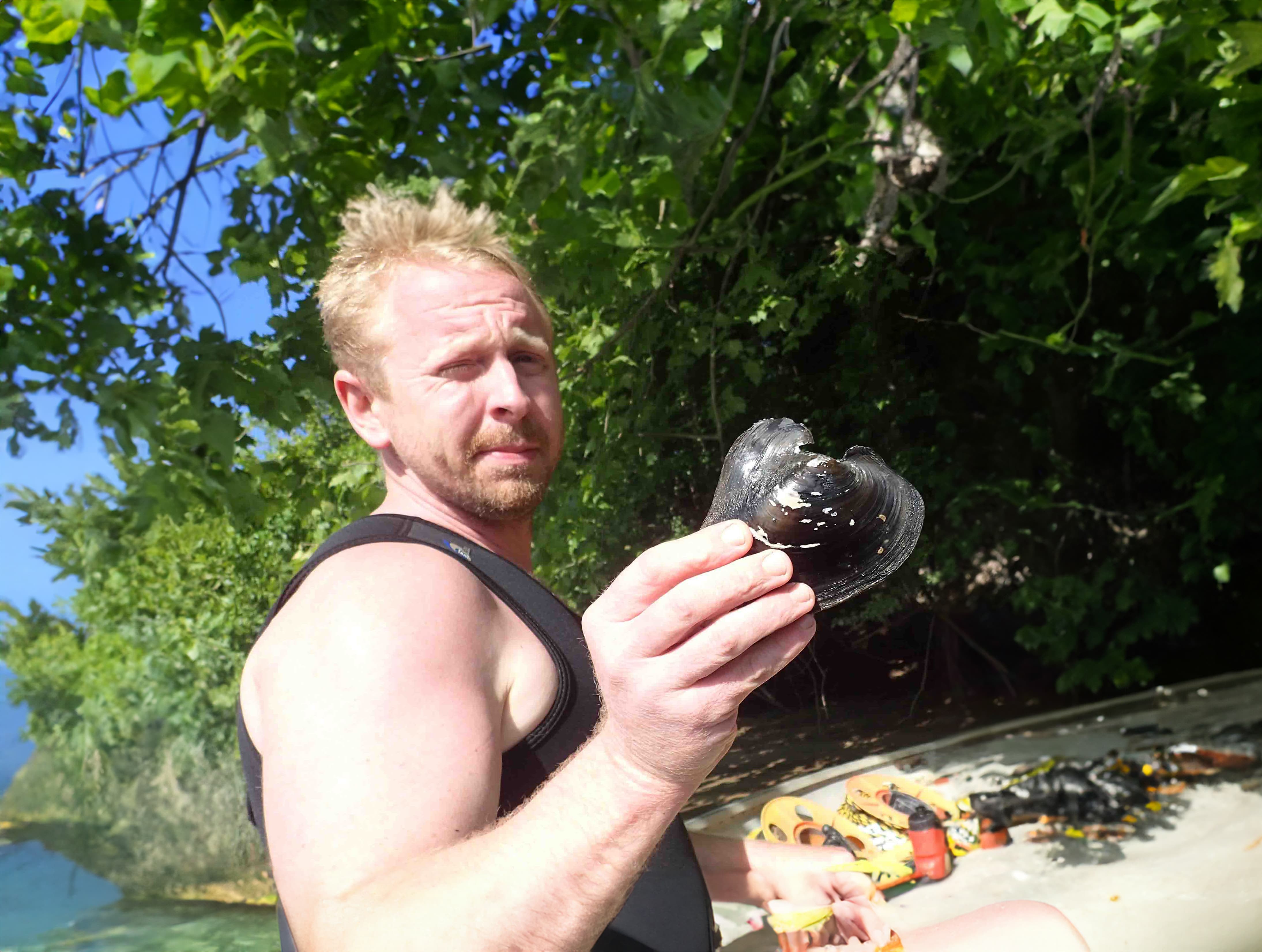Marine Biology
Program Info
Marine Biology Program Overview
Do you want to combine your love for nature and science in ways that protect our planet's most vital resources? The marine biology program at Troy University will deepen your understanding of marine ecosystems and prepare you to do meaningful work in areas like ocean conservation, marine research, coastal management and environmental justice. From coastal wetlands to open oceans, you'll gain hands-on experience and expert knowledge to pursue fulfilling marine biology careers or advanced marine biology studies.

A Marine Biology Degree Designed for Tomorrow's Challenges
Preparation for Marine Biology Jobs
Marine Biology Degree Curriculum
Marine Biology Program Locations
The marine biology degree program is offered in person on TROY's main campus. For more information about program availability and delivery options call 1-800-414-5756
Gain the Knowledge to Take the Lead

Careers with the TROY Marine Biology Degree
TROY's marine biology program is your path to meaningful careers or advanced studies in marine biology.
Faculty Profiles
Related Programs
FAQ About the Marine Biology Degree Program
News

TROY graduate student describes and names a new species of mud dragon
While conducting research for her master's thesis, Troy University graduate student Madison Kennedy found a new kind of mud dragon and named it in memory of her late brother.
Read More
INTERESTED IN
APPLYING TO TROY?


